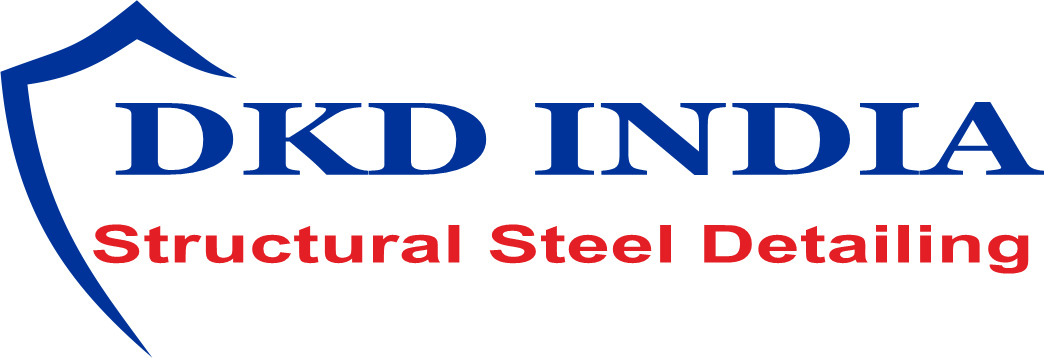The old saying “prevention is better than cure” certainly applies to data privacy. A small bit of malicious code uploaded to your site can cause immense damage, from an open-ended pop-up to a stolen session or password and complete system compromise. It is important to include in your data security guidelines how often and when you look over your system for malicious code and what safeguards are in place to limit the risk.
Be sure that the software platforms or scripts that you use on your websites are updated regularly. Hackers actively target security vulnerabilities in popular web software programs, and a lack of timely updates opens your system up to attack. In addition, you should restrict access to networks or databases to the least number of people who are required to complete their duties.
Create a response plan to deal with potential breaches, and assign one of your employees to oversee the procedure. Depending on the nature of your business, you may need to notify consumers, law enforcement agencies, customers and credit bureaus. This is a serious matter which should be planned in advance.
Implement strong password requirements on consumer accounts. Ensure visit the site that you have a suitable method for storing passwords, such as requiring the use of upper and lowercase letters, numerals and special characters or using salt and hash functions that are slow. Avoid storing confidential information about users. And, when you must reduce the risk of storing it, consider encryption or deletion of the information after a specified period.
